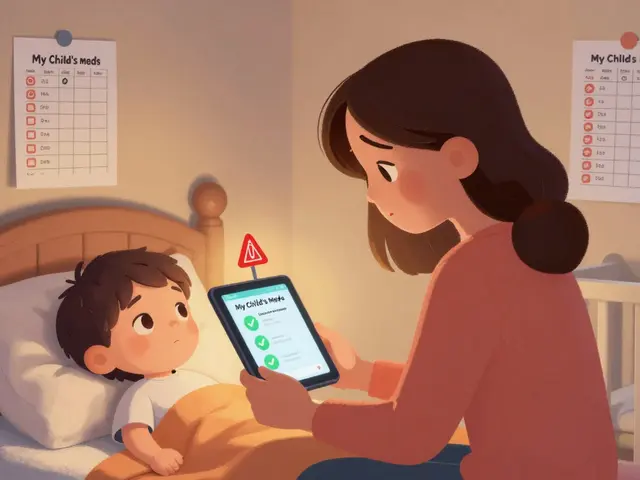Weight loss: simple, safe steps that actually work
Want to lose weight without magic pills or extreme diets? Focus on a few clear, repeatable habits. Small, consistent changes beat drastic swings. Below you’ll find practical steps you can start today, plus what to watch for with supplements and prescription options.
Daily habits that move the scale
Make a modest calorie deficit: aim to eat 300–500 calories less than you burn each day for steady loss of about 0.5–1 lb per week. This keeps energy and muscle loss low while you drop fat. Track food for a week to see where you can trim—swaps like smaller portions, fewer sugary drinks, or lighter snacks add up fast.
Prioritize protein and strength training. Eat a source of protein with each meal (eggs, chicken, tofu, Greek yogurt). That helps keep you full and protects muscle while losing weight. Add resistance work 2–3 times per week—bodyweight moves, dumbbells, or gym machines all work. Strength training raises your resting calorie burn and shapes your body.
Move more outside of workouts. Increase NEAT (non-exercise activity thermogenesis): walk during calls, take stairs, park farther away. These small choices can burn hundreds of extra calories over a week without needing long gym sessions.
Sleep and stress matter. Aim for 7+ hours of sleep and use simple stress relief—short walks, breathing, hobbies. Poor sleep and high stress push appetite hormones toward overeating and make consistency harder.
Supplements, meds, and what to avoid
Some supplements can help a little, but they’re not a shortcut. Caffeine, green tea extract, or extra protein can modestly boost calorie burn or appetite control. Fiber supplements can help you feel fuller. If you try something, buy from a trusted source and stop if you get side effects.
Diuretics remove water, not fat. OTC water pills or herbal diuretics can make you look leaner briefly but won’t reduce body fat. Use them only for short-term needs and not as a weight-loss strategy.
Prescription drugs do exist for weight loss, but they’re a medical decision. Talk to your doctor if you have obesity-related health issues or struggle despite diet and exercise. Also check whether current medicines you take might cause weight gain—some antidepressants, antipsychotics, or blood pressure drugs can affect weight. Don’t change prescriptions without medical advice.
Track progress with more than the scale: use body measurements, how clothes fit, and energy levels. Aim for habits you can keep for life, not quick fixes. If you want detailed drug or supplement breakdowns, check the linked guides on this tag for safe buying tips, evidence summaries, and product reviews. Ready to start? Pick one habit to tweak this week—swap a sugary drink for water, add a protein-rich snack, or walk 15 minutes extra daily—and build from there.




